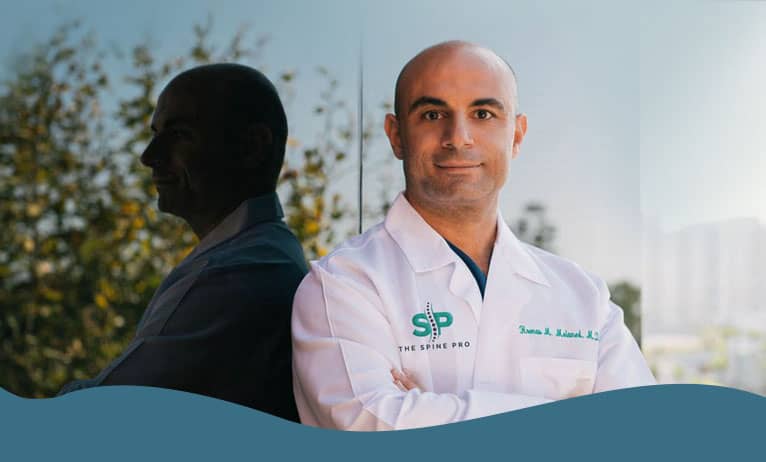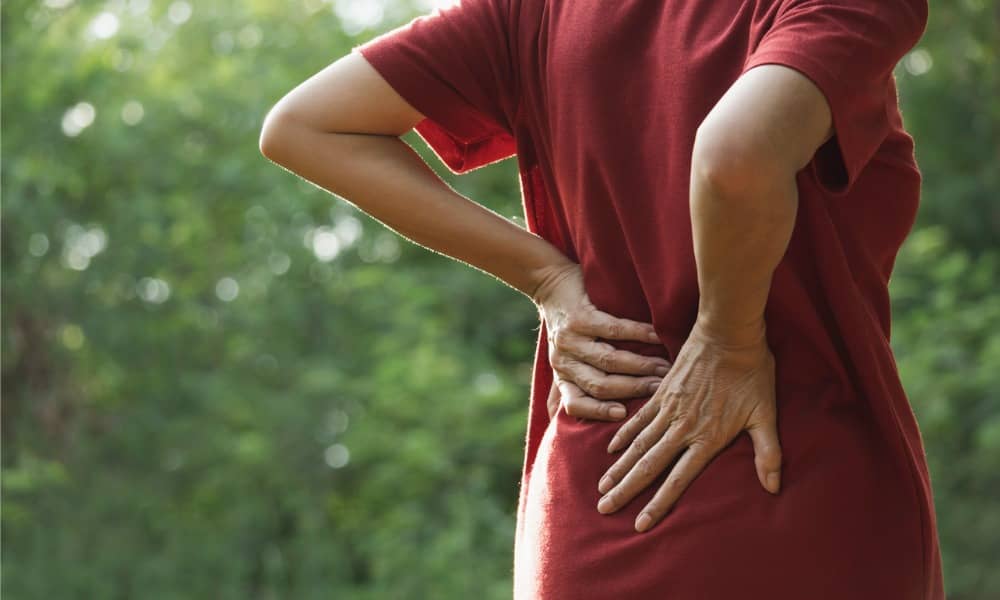The Reason for Low Back Pain During Pregnancy
Low back pain during pregnancy is one of the most common complaints. During pregnancy, your body undergoes numerous changes, from hormonal fluctuations to physical transformations. One change you may notice is significant pain around the lower back, hips and legs or a feeling of instability and stiffness. These symptoms are most frequently a result of sacroiliac (SI) joint dysfunction.
What is the SI Joint?
The SI joint connects the sacrum at the base of the spine to the iliac bones in the pelvis, providing stability and shock absorption. There are two SI joints in the body, and they are sometimes indicated by dimples in the lower back.
Our SI joints are imperative structures for weight-bearing and movement. However, when there is too much or too little movement in the joint, it can lead to a condition known as SI joint dysfunction.
The Link Between SI Joint Dysfunction and Pregnancy
One of the many changes that occur in the body during pregnancy is the production of the hormone relaxin. The purpose of relaxin is to loosen the body’s ligaments and muscles to prepare for childbirth. Prior to giving birth, however, this hormone can make the body less stable and more susceptible to injuries and conditions, such as SI joint dysfunction due to the increased mobility in the joint.
How to Decrease SI Joint Pain
As your pregnancy progresses, the body’s center of gravity can shift significantly and make you even more off-balance and at a greater risk of falling. In addition, the more weight you gain can lead to amplified SI joint pain. Fortunately, there are several simple at-home remedies that you can try to help alleviate your pain, including:
Buy a Maternity Belt
Maternity belts are designed to stabilize your hips and keep your pelvis in a neutral position, which helps minimize SI joint pain.
Get a Massage
Massages can help ease SI joint pain by helping relax the muscles around the joint. They can also improve blood circulation and reduce inflammation in the body.
Sleep with a Maternity Pillow
Maternity pillows are another valuable tool for alleviating SI joint pain during pregnancy. These pillows can provide support and comfort to parts of the body that pregnancy places excess pressure on, such as the pelvic and lower back regions.
Perform Hip-Stabilizing Exercises
If you are experiencing SI joint pain during pregnancy, one of the best ways to find relief is to strengthen the group of muscles that help stabilize the pelvis, including the following:
- Hip adductors: inner thighs
- Hip abductors: outer thighs
- Gluteal muscles: buttocks
- Transverse abdominal muscles: deep core
Numerous exercises can help strengthen the muscles and structures around the SI joint, such as:
- Bird dogs: as you are on your hands and knees with a flat back, extend your leg and opposite arm straight out and hold for a few seconds
- Kneeling squats: from a tall kneeling position, lower your hips until your buttocks are in contact with your heels
- Modified side plank: lie on your side and support yourself on your elbow, forearm, and knee with your hips raised, keeping your opposite leg extended
- Pelvic tilts: lie on your back with your knees bent and feet flat on the floor, and gently press your lower back against the floor by flexing your pelvis
- Banded hip abductions: place a resistance band around your knees with your feet flat on the floor and separate your knees slowly
Get Help for Low Back Pain at The Spine Pro
In most cases, SI joint pain will resolve on its own within a few months postpartum. However, in about 20% of cases, women can experience pain for up to three years after giving birth. If your SI joint pain affects your daily quality of life, contact Dr. Hooman Melamed at The Spine Pro. Dr. Melamed is a world-renowned spine surgeon who can craft a personalized holistic treatment program to help your SI joint pain. Call (424) 21-SPINE today to learn more.






